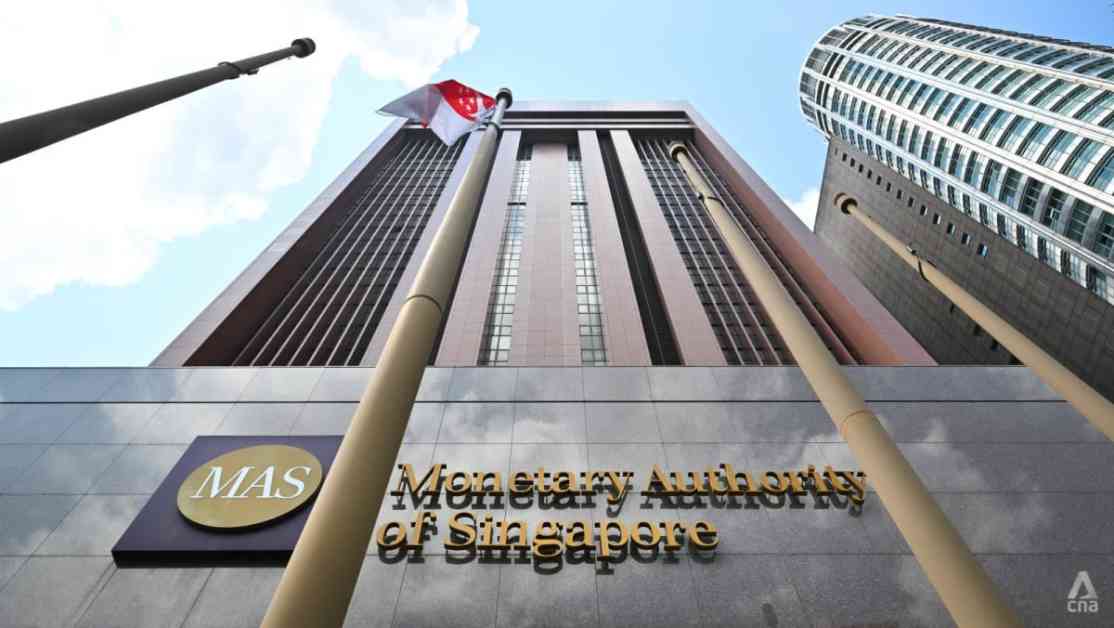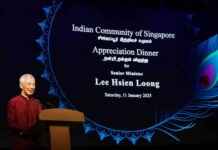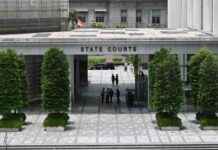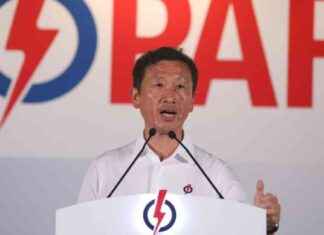Man Fined S$350,000 for False Trading in Hiap Hoe and Hotel Grand Central Shares
In a groundbreaking development, the Monetary Authority of Singapore (MAS) has levied a record S$350,000 civil penalty on a man for engaging in false and unauthorized trading activities that artificially inflated the prices of Hiap Hoe Limited (HHL) and Hotel Grand Central Limited (HGC) shares. The individual in question, Gui Boon Sui, also known as Goi Chon Yan, orchestrated a series of illicit trades between December 2018 and August 2022, with the sole intention of manipulating the closing prices of these two Singapore Exchange-listed (SGX) companies.
Joint Investigation Unveils Market Manipulation Scheme
The MAS’s decision to impose this hefty fine comes on the heels of a thorough joint investigation conducted by the Commercial Affairs Department and MAS, triggered by a referral from the Singapore Exchange Regulation (SGX RegCo). This collaborative effort between the central bank and law enforcement agencies shed light on Gui’s nefarious activities, which significantly impacted the stock prices of HHL and HGC.
According to official statements released by MAS and the police on Monday, Gui not only executed these deceitful trades in his personal accounts but also utilized trading accounts belonging to two of his employees to further perpetrate his market manipulation scheme. Over the course of the investigation, it was revealed that Gui artificially inflated the closing prices of HHL shares on 554 days and HGC shares on 56 days during the specified period, underscoring the extent of his illicit activities.
Consequences and Penalties
In acknowledgment of his wrongdoing, Gui has admitted to contravening the false and unauthorized trading regulations stipulated under the Securities and Futures Act. As part of the settlement, he has agreed to pay the S$350,000 civil penalty to MAS without contesting the charges in court. Additionally, Gui has voluntarily undertaken not to hold any directorial positions or engage in the management of any company for a period of two years, signaling his commitment to redeeming himself and complying with regulatory standards.
Market Integrity and Regulatory Measures
The MAS’s decision to impose a civil penalty on Gui underscores its unwavering commitment to upholding market integrity and combatting illicit activities that undermine the fairness and transparency of Singapore’s financial markets. By implementing a nuanced regulatory framework that combines civil penalties with criminal sanctions, MAS aims to deter individuals like Gui from engaging in market misconduct and safeguarding the interests of investors and stakeholders alike.
As the dust settles on this high-profile case, the repercussions of Gui’s actions serve as a stark reminder of the importance of ethical conduct and regulatory compliance in the realm of securities trading. Moving forward, stakeholders and market participants must remain vigilant and uphold the highest standards of integrity to preserve the credibility and trustworthiness of Singapore’s financial ecosystem.
**What are your thoughts on the MAS’s decision to impose a civil penalty on Gui for false trading activities? How can regulatory bodies further enhance market surveillance and enforcement mechanisms to prevent similar incidents in the future? Share your insights and perspectives in the comments below!**


























